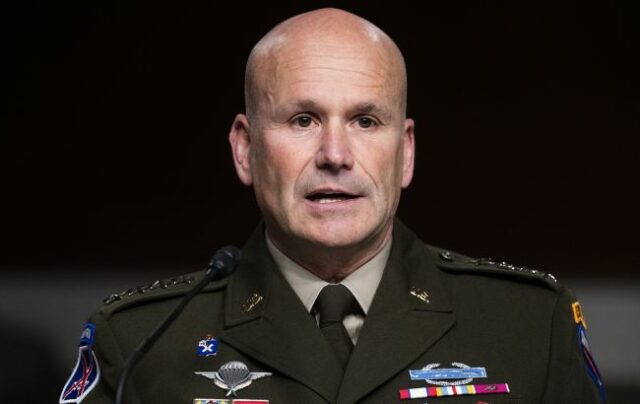NATO Commander Emphasizes Challenges for Ukrainian Pilots in F-16 Training
The NATO Commander in Europe, General Christopher Cavoli, recently spotlighted the significant challenges Ukrainian pilots face in transitioning from outdated Soviet-era aircraft to advanced F-16 fighter jets. During a congressional hearing, Cavoli detailed the complexities involved in this shift, categorizing it as a formidable task requiring substantial effort and cooperation.
“As we assist them in this transition from Soviet-era planes to fourth-generation fighters like the F-16, the process is particularly intricate. Our collaboration is ongoing, but it demands significant resources and commitment,” stated Cavoli. He highlighted the transformative potential this training holds for Ukrainian aviation capabilities.
A prominent hurdle in the training regimen for Ukrainian pilots is their proficiency in English, which is essential for comprehending aircraft manuals and operating procedures. “The training involves a significant language component, as all instructions and technical information are provided in English,” Cavoli noted. He also indicated that some pilots may require foundational training before they can effectively engage with the F-16 programs.
Furthermore, Cavoli pointed out a critical shortage of military pilots in Ukraine, which severely constrains the nation’s ability to train a sufficient number of operators for the F-16s. This scarcity directly impacts the timeline and scope of training initiatives, highlighting the urgent need for increased resources and personnel to bolster Ukraine’s military aviation capacity.
This multifaceted challenge emphasizes the complexity of modern military training in conflict zones and the need for international support to ensure effective knowledge transfer and skill enhancement among Ukrainian forces.





